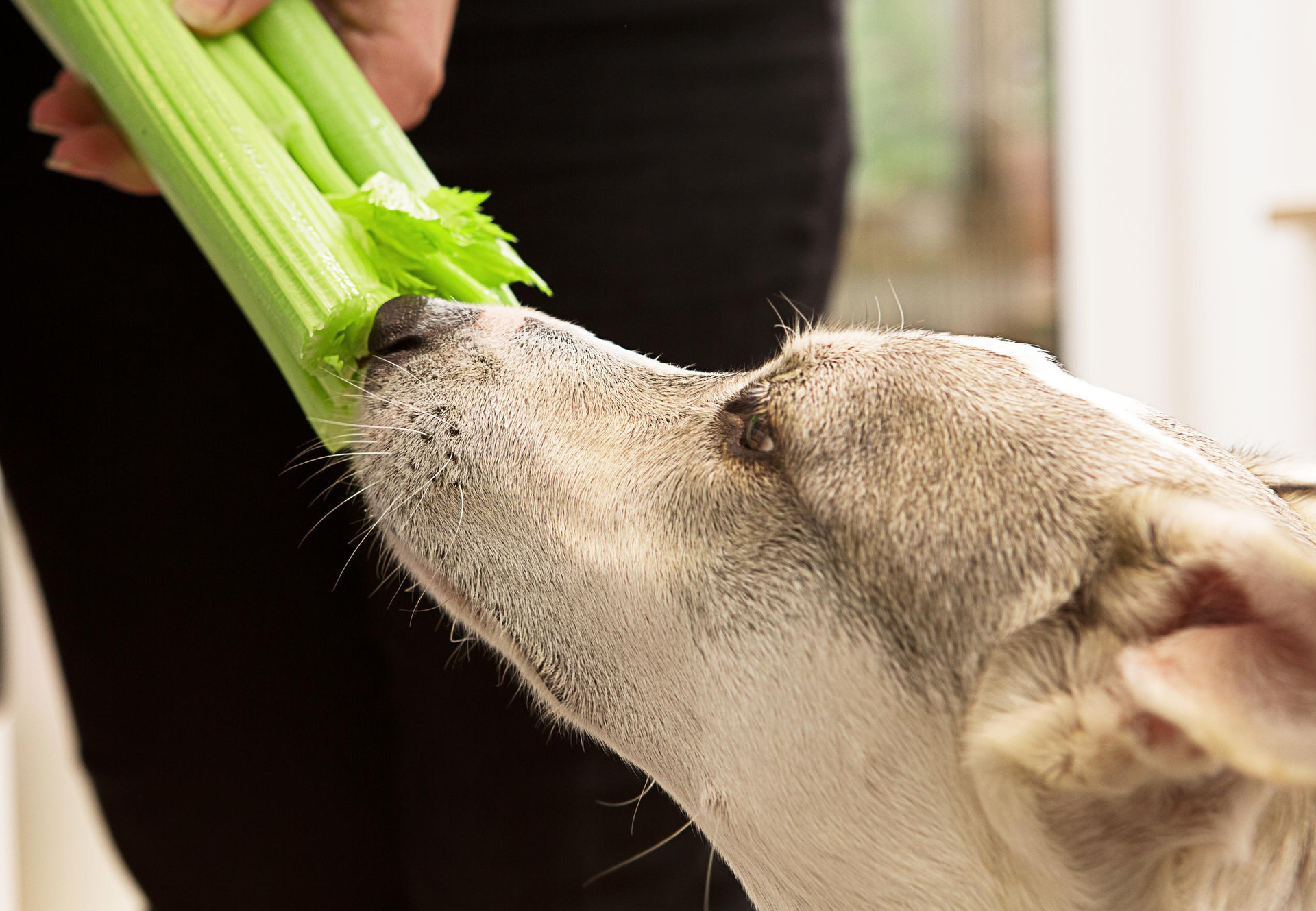As the conversation around animal welfare continues to evolve, so too does the dietary paradigm for dogs. Many pet owners grapple with the question: is making a dog vegetarian tantamount to animal cruelty? This inquiry, while seemingly straightforward, unearths a complex interplay of ethical considerations, nutritional science, and societal norms. In this exploration, we delve into expert opinions, anecdotal evidence, and the ethical ramifications of canine vegetarianism.
To begin, it is essential to understand the nutritional requirements of dogs. Canines are classified as omnivores; their ancestors thrived on diverse diets that included both animal and plant materials. This versatility in dietary intake allows them to adapt to a range of environments and food sources. However, some argue that a vegetarian diet may not provide all the essential nutrients that certain breeds or individuals require. Critical nutrients such as protein, vitamin B12, iron, and fatty acids can present significant challenges when a dog is restricted to plant-based foods.
Veterinary nutritionists emphasize the importance of a well-rounded, balanced diet. If a vegetarian diet is chosen, it must be meticulously planned to ensure that all of a dog’s nutritional needs are met. For instance, high-quality plant proteins like lentils, chickpeas, and quinoa can provide adequate amino acids, but supplementation may be necessary for nutrients like taurine, which is prevalent in meat sources. As such, the expertise of a veterinary professional is vital to navigate these dietary complexities.
Moreover, the question of animal cruelty emerges not only from the diet itself but also from the broader ecological and ethical implications of meat consumption. Advocates for vegetarian diets argue that reducing or eliminating meat from a dog’s diet can lessen the ecological footprint associated with animal agriculture, which often involves considerable environmental degradation and animal suffering. This perspective beckons a reevaluation of our relationship with dogs as companions rather than mere carnivores obediently following traditional feeding practices.
Nevertheless, opposing views abound. Critics assert that adopting a vegetarian diet for dogs positions human ethical considerations over the animal’s biological and psychological needs. They emphasize that dogs, through centuries of domestication, have developed certain dietary expectations based on the meaty diets that have historically been provided. There is concern that expecting a dog to thrive on a vegetarian diet may infringe upon its natural instincts and nutritional well-being.
Anecdotal evidence provides additional layers to this discussion. Many owners report success with their vegetarian dogs, praising their increased energy levels, healthier coats, and overall vitality. These stories, however, should be assessed through a critical lens. Each dog is unique, with individual health conditions, activity levels, and preferences, which can significantly influence how they respond to dietary changes. Moreover, other owners may recount less favorable experiences, where their dogs suffered from allergies, digestive issues, or lethargy on a vegetarian regimen.
Research in veterinary medicine continues to shed light on the long-term effects of vegetarian diets on canine health. Certain studies imply that dogs can thrive on well-balanced vegetarian diets without apparent detriment to their health, provided they receive appropriate supervision and supplementation. Yet, further longitudinal studies are necessary to draw definitive conclusions on the broader implications of vegetarian diets in dogs across different breeds, ages, and health contexts.
Interestingly, some experts suggest a middle ground: a flexitarian approach. This method allows for a diet that is predominantly vegetarian with occasional meat sources. This not only caters to the nutritional needs of dogs but also satisfies ethical considerations surrounding meat consumption. By adopting this approach, pet owners may fulfill their moral obligations while still honoring the evolutionary history of their canine companions.
In addressing the question of animal cruelty, the discourse extends beyond the confines of diet. It provokes a larger conversation about how society perceives the role of animals within human environments. Are we, as a society, imposing human values that may restrict the natural behaviors of our pets? Or are we fostering their physiological needs while aligning our dietary choices with ethical standards? The answers may not be so clear-cut.
In conclusion, the debate surrounding whether making a dog vegetarian constitutes animal cruelty is replete with nuance and complexity. It entwines health, ethics, and emotion into a tapestry that reflects our deeper relationship with animals. As our understanding of canine nutrition evolves, so too does the opportunity for thoughtful discourse on our responsibility as guardians of their health and well-being. Ultimately, the decision to transition a dog to a vegetarian diet should be one rooted in research, compassion, and guided by professionals who regard the intricate balance of health and ethical considerations. Just as every dog is unique, so too should be their dietary choices, always reflecting an unwavering commitment to their vitality, happiness, and quality of life.








